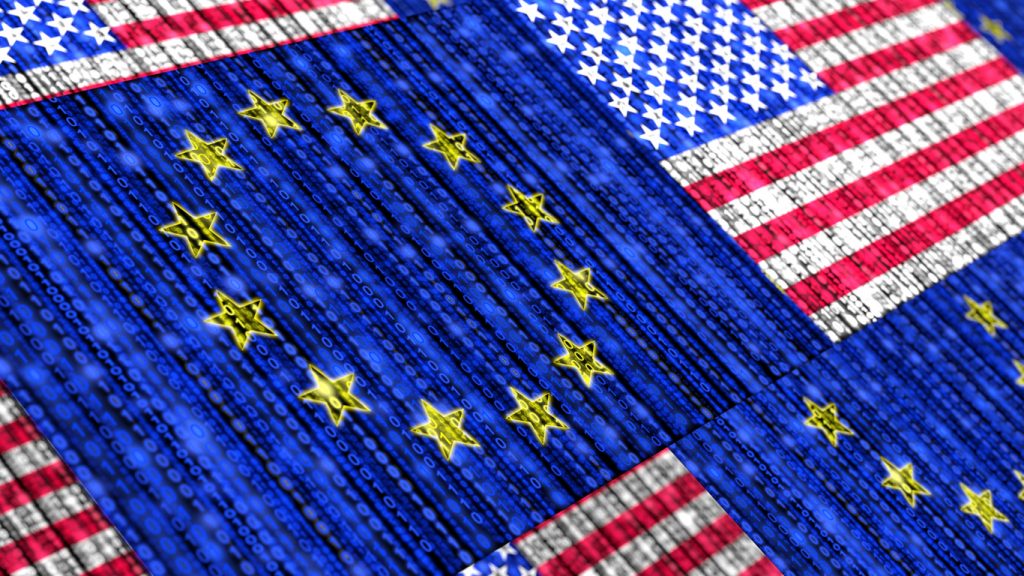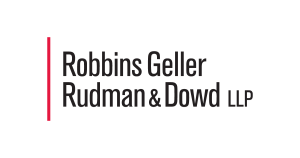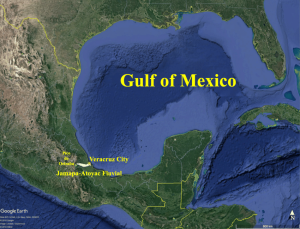The multiplication of lawsuits against manufacturers seems to have never stopped this last decade but have we really faced the worst? Below Sylvie Gallage-Alwis and Alice Decramer, experts in commercial law at Signature Litigation discuss further the potential Americanisation of EU litigation moving further into 2020.
When looking at what is going on in the United States, one can only wonder what the next global European product liability case in the headlines will be. Indeed, a majority of claims that start in the United States are now replicated in the European Union (and worldwide). This is notably due to the mechanism of discovery, unknown in most Civil Law countries, which allows European plaintiffs access to documents that they would not have otherwise had access to, had their claims started in Civil Law countries. NGOs and plaintiffs' Counsel can, therefore, use the knowledge obtained in the scope of proceedings in the United States, in proceedings pending in the rest of the world.
NGOs and plaintiffs' Counsel can, therefore, use the knowledge obtained in the scope of proceedings in the United States, in proceedings pending in the rest of the world.
Some disputes pending in the Unites States which have caught our attention recently, include:
- The long lasting talc litigation, which remains alive with the recent allegation of the presence of asbestos and the opening of new investigations by the US Attorney's Office in 2019. These allegations have already led to multi-million-Dollar verdicts and the recall of 33,000 products on 18 October 2019. This litigation is a landmark on the issue of whether the use of a product creates an exposure to a risk for health , even a potential one.
- The outstanding increase of claims relating to the opioid crisis, against manufacturers accused of flooding the market with these products. Million-dollar settlements have been signed. This crisis is reminiscent of the one that hit the American tobacco industry in the 1990s. This crisis is also resonating in Europe, especially in France, since the National Agency for the Safety of Medicines and Health Products published a report which shows that between 2006 and 2017, the prescription of strong opioids increased by about 150%.
- The glyphosate-related litigation has led both to claims and legislation against the substance, which has been classified as a "probable carcinogen" since 2015 by the World Health Organization (WHO). As a result, Austria was the first European country to ban glyphosate in July 2019 and the European Parliament called for the improvement of the evaluation and registration of pesticides on 16 January 2019. French Courts have also taken up the issue. On 11 April 2019, the Lyon Court of Appeal held Monsanto liable for "lack of information on the label and failure to exercise due diligence" (Lyon Court of Appeal, 11 April 2019, no. 19/00064). Beyond individual cases, on 15 January 2019, the Lyon Administrative Court cancelled the marketing authorisation for RoundUp 360 (Lyon Administrative Court; 15 January 2019, no. 1704067). It ruled that glyphosate should "be considered as a substance with presumed carcinogenic potential for humans".
- 2020 will also be the year of environment and climate change litigation. Hundreds of lawsuits have already been filed around the world, mainly regarding environmental compliance and air quality.
- There have also been regulatory issues raised by the multiplication of CBD products in the United States which have forced the FDA to raise concerns, by the end of 2019, regarding the sale of these products for all types of use and people in the absence of a clear regulatory framework. These products are now also multiplying on the European market with no clear and uniform regulations.
- We can also highlight e-cigarettes, which have been in the headlines in the United States since last summer and been subject to bans and regulations all around the world. Lead-paint litigation has also been pending in the United States for more than a decade. The debate surfaced, in France, following the fire of Notre Dame and allegations that the population living in the vicinity were exposed to a risk of contamination to
Looking at the above examples, it is fair to say that mass litigation in terms of both the number of plaintiffs and the number of jurisdictions involved seems to be the future of product liability litigation. European States do not have a similar mechanism to that of US discovery, the trend has been to reinforce the powers of their regulators and the coordination between the regulators of each Member State, making it almost impossible to have an issue remain local. Class action mechanisms have further been implemented in almost all jurisdictions. The Plaintiffs' Bars and NGOs now also have an international reach and sufficient media attention to have each issue become the ground of a claim.





















